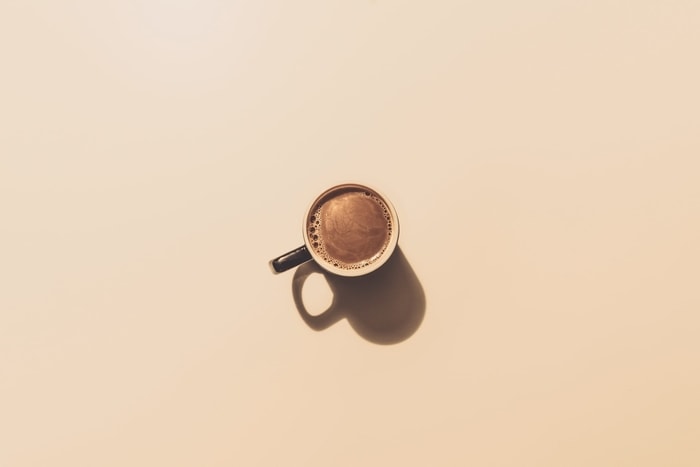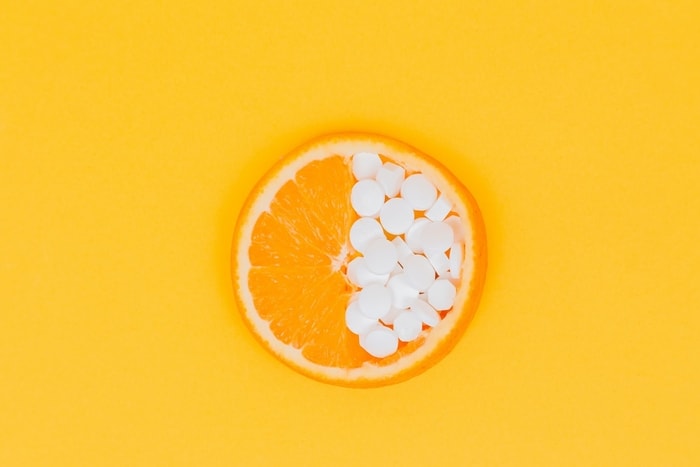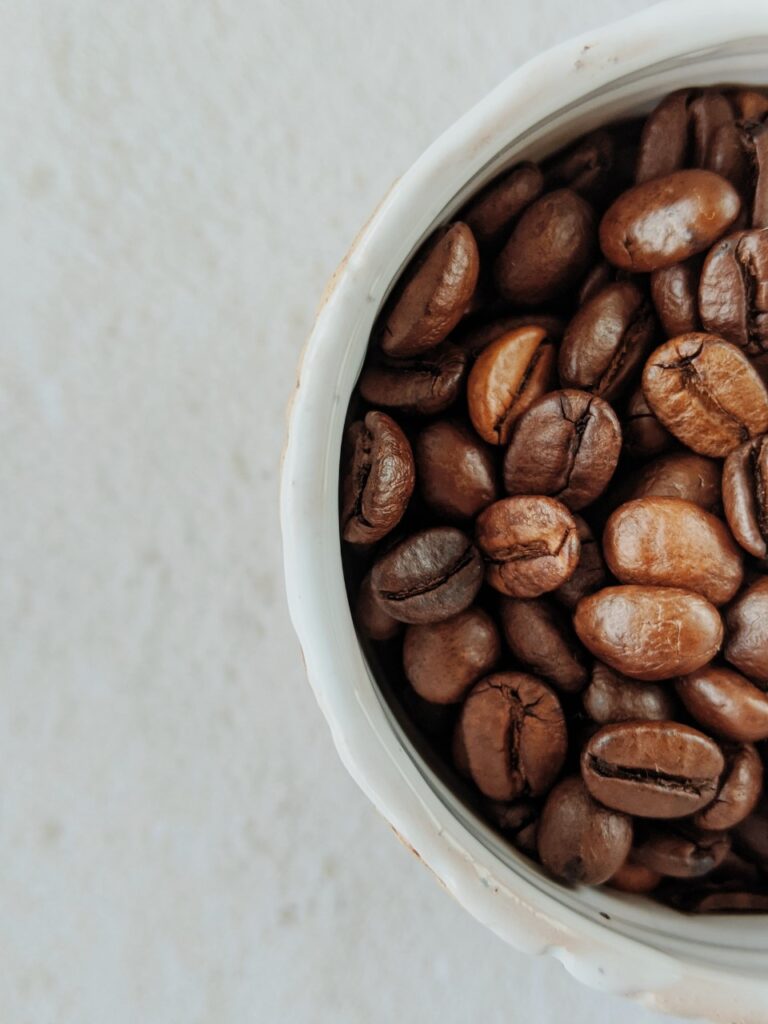- Hundreds of women use contraceptive pills to maintain their period and avoid pregnancy.
- Getting off the pill can lead to various frustrating symptoms in your body because it can disrupt the natural balance of your hormones.
- You must support and nourish your hormones to avoid the symptoms of the pill from interfering with your life.
About 16% of women between the ages of 15 and 44 are currently using birth control pills. (1) For many people, the oral contraceptive pill is more than just a birth control method—it’s also a way to tame irregular periods, reduce breast tenderness and painful periods, and achieve clearer skin.
Hormonal contraceptives like the pill impact your body’s natural hormone levels. Unfortunately, when some women stop taking hormonal birth control, shifting hormones can cause them to experience unpleasant and uncomfortable adverse effects.
Women have many reasons for going off the pill—they may be hoping to get pregnant, desirous of trying a different form of contraception, or experiencing side effects from the pill. Whatever the reason, when it’s time to stop taking the pill, how do you do it, and how can you prevent any adverse hormonal effects?
Benefits of Quitting the Pill
The pill is an excellent form of birth control for people hoping to avoid an unexpected pregnancy, clear up acne, and more. However, for some people experiencing complications from birth control, quitting the pill has many unexpected benefits.
For example, the dose of estrogen in some birth control pills can raise blood pressure and increase the risk of health issues like heart attack or stroke. (2) Some forms of birth control pills can also cause headaches, nausea, or spotting between periods (sometimes called breakthrough bleeding), although these side effects should only last a few months.
Oral contraceptives can also impact your cancer risk. (3) Taking oral contraceptives increases your risk of breast cancer and cervical cancer, but it reduces your risk of developing endometrial cancer, ovarian cancer, and colon cancer.
In a small number of people, birth control pills cause fluid retention, which can result in slight weight gain. (4) Some women also report feelings of depression and mood swings related to the birth control pill. Finally, hormonal birth control can impact your gut health and disrupt your natural internal bacterial balance. (5)
For all these side effects except cancer risk, these adverse effects immediately resolve after quitting the birth control pill.
Risks of Quitting the Pill
Everyone stops taking the birth control pill eventually, whether they’re trying for a baby, no longer sexually active, switching to another method of birth control, or going through menopause. But for some people, quitting the pill has effects similar to those that occur after drug withdrawal. Before you quit the pill cold turkey, you should be aware of the following risks:
- Painful or particularly heavy periods
- An irregular menstrual period
- More intense PMS symptoms
- A change in body weight
- A return of ovulation, which is uncomfortable for some women
- Mood swings due to hormonal changes
- An increased chance of pregnancy
- Acne development
Not everyone who quits the pill experiences all—or any—of these negative effects. If you’re worried about what quitting the pill might do to your body, follow this advice for how to stop taking birth control pills safely while balancing your body’s hormones and preventing post-pill discomfort.
How To Stop Taking Birth Control Pills
Unlike an IUD or Nexplanon, if you use oral pills as your birth control option, you technically don’t need to visit a healthcare provider to stop. However, it’s still a good idea, since your doctor can recommend ways to reduce the effects of stopping hormonal birth control and can give you advice on pregnancy prevention, if you need it.
Once you’re ready to stop using the pill, choose a time that works best for you, keeping in mind that you’ll probably experience some vaginal bleeding a few days later. Although some people think you need to be at a particular point in your menstrual cycle to stop taking the pill, that’s actually not true. You can stop taking the pill when the current pack is finished or you can stop it in the middle of the pack. However, your decision will impact when you will start your period.
How To Rebalance Hormone Levels After Stopping the Pill
Quitting hormonal birth control immediately alters your body’s hormone levels. There are many things you can do to help rebalance hormones naturally, but remember, be patient. Even though quitting the pill may feel like a small step, it’s a significant change for your body.
Try these tips to help your body navigate the hormonal transition.
Try an Elimination Diet
Ditching some foods and drinks can do a lot to balance your hormones. Generally, these are the top 5 food groups to avoid:
- Sugar. High sugar diets alter the body’s natural pre ovulation hormonal surge and can impact reproductive health and fertility. (6)
- Alcohol. Alcohol has many negative effects for your health, including to your reproductive system. Alcohol disrupts the natural function of the endocrine system, which regulates your body’s internal hormones. (7)
- Caffeine. Caffeine intake has been shown to impact the severity of menopausal symptoms, including hot flashes and night sweats. (8)

- Fatty foods. Similar to high sugar diets, diets high in fatty food can disrupt your body’s natural hormones and influence fertility. (9)
- Dairy. Dairy products are naturally high in hormones and can cause hormonal overload in your body.
If you’re experiencing irregular bleeding or other health concerns after stopping birth control, eliminating some (or all) of these items might help you get comfortable.
Add Hormone-Promoting Foods to Your Plate
Clearly, what you eat impacts your body’s hormones. So it makes sense that some foods can help promote healthy hormone levels too! Try a hormone-promoting diet to reduce uncomfortable post-pill symptoms, including: (10)
- Citrus fruits like oranges, grapefruits, or lemons. Because these fruits are rich in vitamin C, they can regulate the balance of your hormones.
- Eat more vegetables, including cabbage and cauliflower—they’re good enhancers of hormonal balance.
- Add fatty fish to your diet. It’s rich in Vitamin D and is a natural promoter of hormonal balance and health.
- Fermented food like yogurt, kimchi, and sauerkraut contains good bacteria called probiotics which promote balanced hormones.
- High-protein foods including eggs, nuts, and seeds replenish vitamin B stores and boost your body’s levels of amino acids, which can help your body produce hormones like estrogen naturally.

Promote Your Gut Flora
Your gut naturally contains friendly bacteria that can defend your body against bad bacteria and infections. (11) Unfortunately, taking a hormonal birth control pill interferes with the natural microbial ecosystem. That’s why after you stop taking the pill, it’s important to re-establish the micro flora of your gut.
Probiotics can help promote the growth of friendly bacteria. Probiotics are naturally found in foods like yogurt, kefir, kimchi, and pickles, but you can also obtain them through supplements. Probiotic supplements, like Happy V’s menopause probiotics, can boost your body’s good bacteria levels, which helps your body produce estrogen and other beneficial hormones.
Combining probiotics with prebiotics, like in Happy V’s probiotic for vaginal health, can make the effects of probiotics even stronger. What are prebiotics? Prebiotics are bacteria that feed probiotic bacteria, helping them to grow even faster. Taking prebiotics helps to heal your body and improve absorption of the nutrients you consume.
Take Hormonal Supplements
If you’re struggling with hormonal imbalance, some specific supplements can help you make your own hormones and naturally rebalance your body’s hormone levels.
- Magnesium helps you sleep and reduces inflammation, both of which are important to keep your hormones in balance.
- Supplements containing omega-3 fatty acids help your body to produce its own hormones. (12)
- Chemicals obtained from plants, called phytonutrients, are another way to reset your hormones. Curcumin from turmeric, selenium, and green tea are major phytonutrients that can combat your hormonal problems.
- Vitamin B supplements containing vitamin B2, vitamin B6, and vitamin B12 can naturally balance reproductive hormones. (13)
Quitting the Pill Safely Is Possible
You don’t need to be afraid of quitting the pill. Prepare for the transition with a healthy diet and Happy V supplements to regulate your body’s hormone levels and decrease uncomfortable post-pill symptoms.
- https://www.cdc.gov/nchs/fastats/contraceptive.htm
- https://www.health.harvard.edu/blog/birth-control-and-high-blood-pressure-which-methods-are-safe-for-
you-2020111321327#:~:text=Birth%20control%20containing%20estrogen%20can,not%20have%20high%20blood%20pressure. - https://www.cancer.gov/about-cancer/causes-prevention/risk/hormones/oral-contraceptives-fact-sheet
#:~:text=The%20longer%20a%20woman%20uses,years%20of%20use%20(9). - https://www.webmd.com/sex/birth-control/birth-control-pills-weight-gain#:~:text=It’s%20rare%2C%20bu
t%20some%20women,weight%20gain%20in%20most%20women. - https://pubmed.ncbi.nlm.nih.gov/6231418/
- https://www.ncbi.nlm.nih.gov/pmc/articles/PMC5740526/
- https://www.ncbi.nlm.nih.gov/pmc/articles/PMC3767933/
- https://pubmed.ncbi.nlm.nih.gov/21680119/
- https://www.ncbi.nlm.nih.gov/pmc/articles/PMC4240228/
- https://www.webmd.com/diet/a-z/hormone-diet
- https://www.ncbi.nlm.nih.gov/pubmed/23981066/
- https://www.hsph.harvard.edu/nutritionsource/what-should-you-eat/fats-and-cholesterol/types-of-fat
/omega-3-fats/#:~:text=What%20makes%20omega%2D3%20fats,of%20artery%20walls%2C%20and%20inflammation. - https://www.ncbi.nlm.nih.gov/pmc/articles/PMC7186155/




